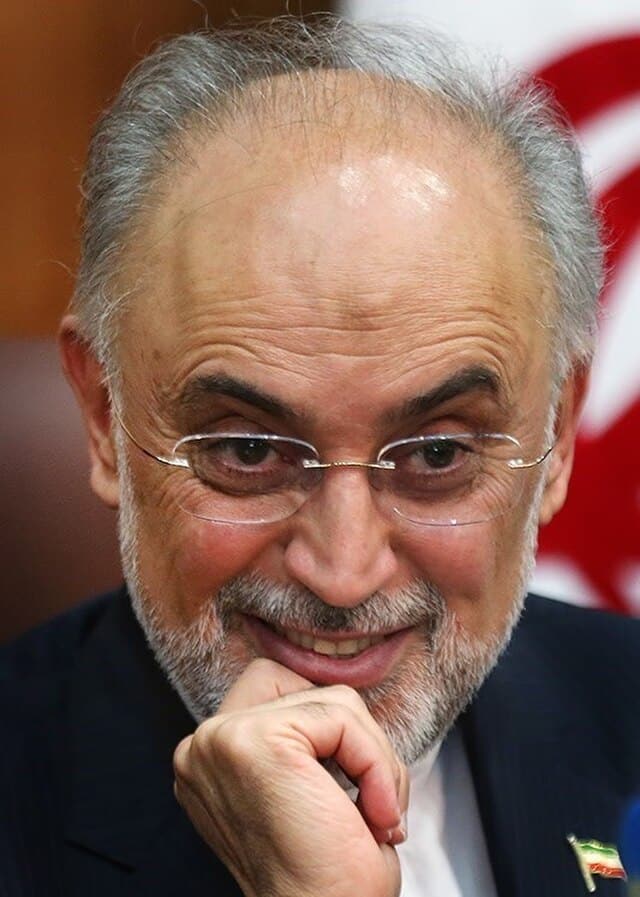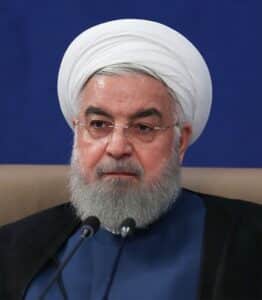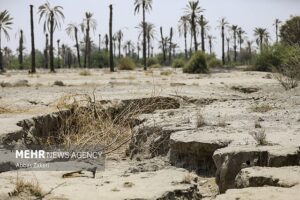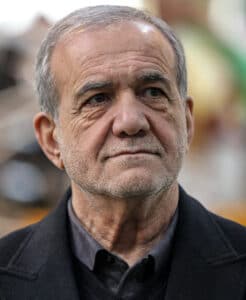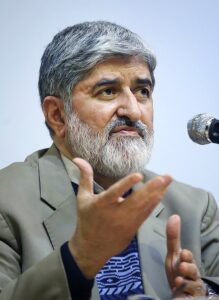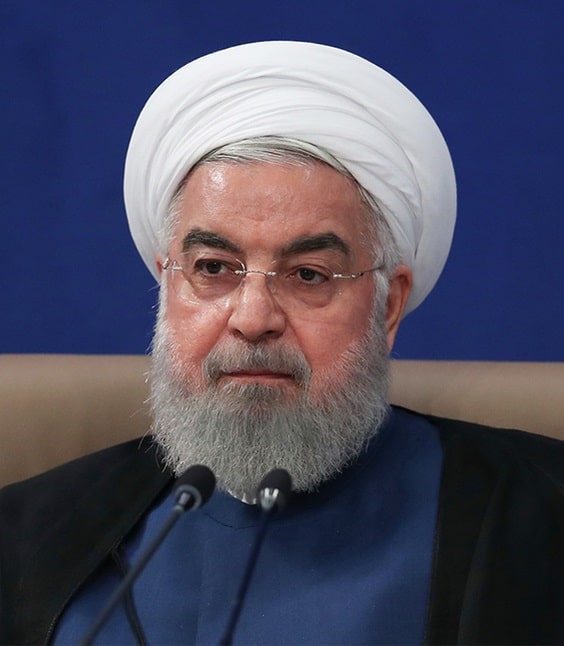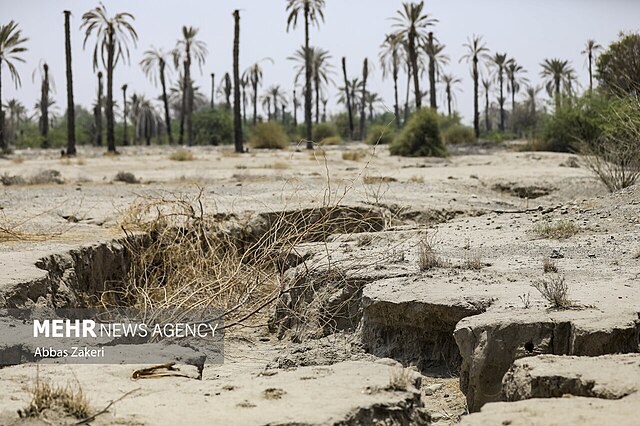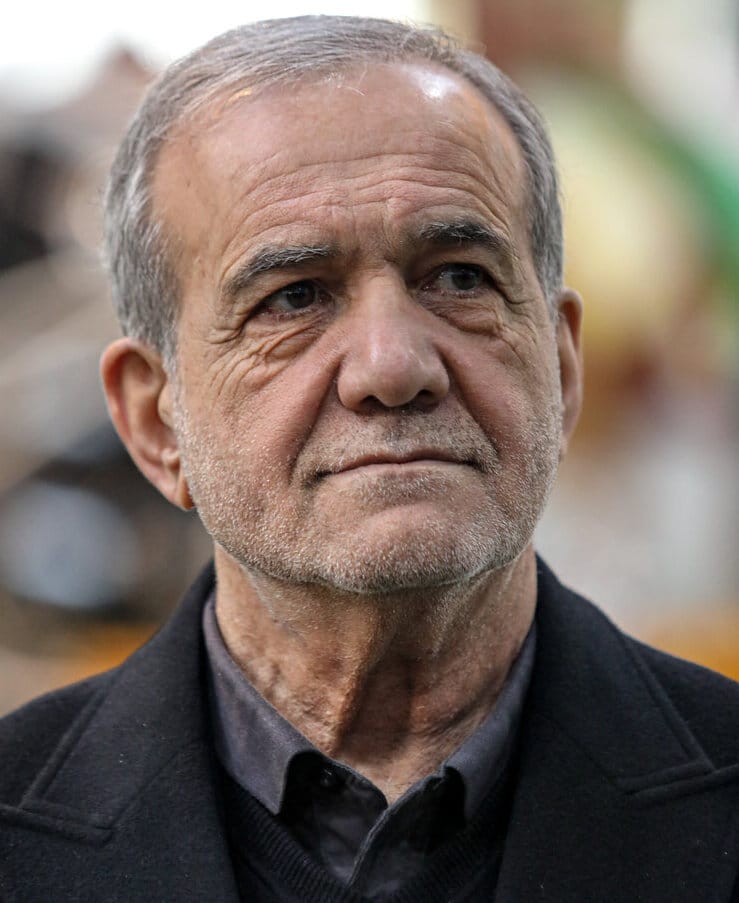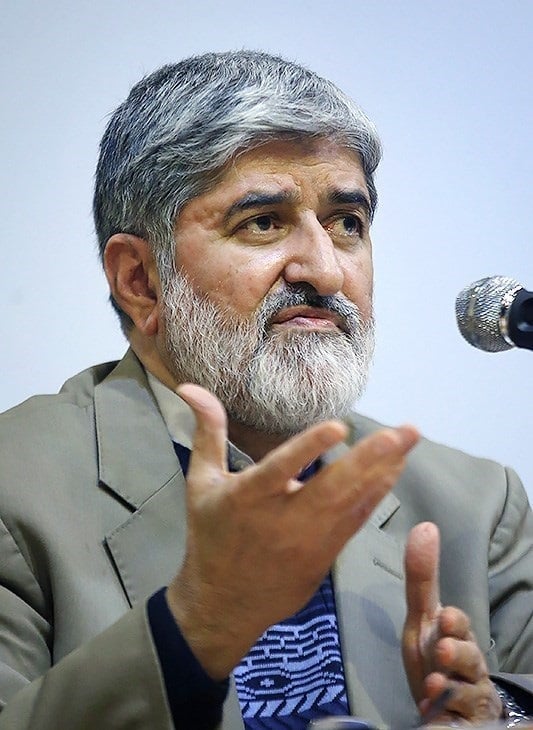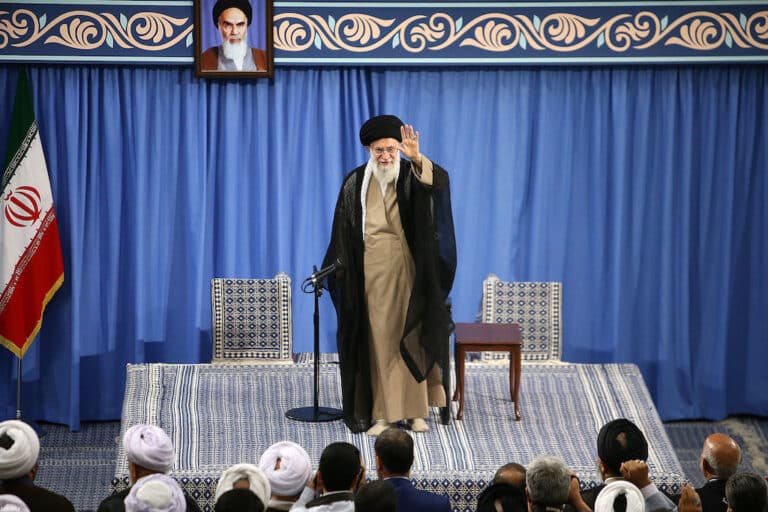In a widely circulated interview, Ali Akbar Salehi, former head of the Atomic Energy Organization of Iran and a key negotiator of the nuclear deal, rejected conservative accusations that the JCPOA was a “capitulation to the West” and the trigger for the snapback mechanism. He emphasized that the accord was in fact what enabled Iran to enrich uranium, explaining that producing 30 tons of enriched uranium requires processing 240 tons of natural uranium, and the agreement allowed the Islamic Republic to expand its stockpile of natural uranium from 500 tons to 950 tons. Salehi added that conditions at the time were favorable for reaching an agreement with the United States, noting that during negotiations the Obama administration had accepted all five of Iran’s demands on enrichment, but the opportunity was squandered by then-president Mahmoud Ahmadinejad and negotiator Saeed Jalili, both from the conservative camp.
Iranian President Masoud Pezeshkian attended the Shanghai Cooperation Organization summit in Tianjin which began this Sunday. The bloc, originally founded by China, Russia, Kazakhstan, Kyrgyzstan, Tajikistan, and Uzbekistan, and later expanded to include India, Pakistan, Iran, and Belarus, hosted the president who called on member states to base financial transactions on national currencies in order to free themselves from dependence on the U.S. dollar. Pezeshkian’s absence from the traditional group photo at the summit sparked ridicule online and fueled speculation. While his deputy for communications explained that the picture was taken during an informal banquet the day before the conference, which Pezeshkian did not attend, Iranian media attributed it to his late arrival, and unofficial accounts claimed he deliberately avoided the photo because alcohol was served at the reception.
Iran is moving to deepen its partnership with China, appealing for stronger ties with a sponsor that has supported it since the late 1980s by supplying missile components and training engineers. Western reports reveal that Beijing is now aiding Tehran in rebuilding its missile arsenal, hinting to Iran’s shift away from reliance on Russia, preoccupied with its own conflicts, toward dependence on China. The development calls attention to the contradiction between China’s declared policy of avoiding entanglement in the region’s conflicts and its growing role in Iran’s arms restoration. Agreements between the two countries is further reflected in agricultural trade as Gholamreza Nouri Qeziljeh, Iran’s Minister of Agricultural Jihad, announced new agricultural agreements with China aimed at boosting bilateral trade from the current $760 million to over $2 billion within the next two years. The surfacing alliance was echoed in a message from Supreme Leader Ayatollah Khamenei on Sunday, proclaiming that cooperation between the two states would help shape a new world order.
Following the circulation of shocking images showing municipal officers mistreating street vendors in Qazvin, the local Justice Department announced that a legal case had been opened against those involved, while a police spokesperson confirmed their arrest. The incident’s exact date remains unclear, but its recent spread on social media has sparked public outrage and protests across Iran. The case has drawn further criticism as municipal officers are neither judicial authorities nor legally empowered to use physical force against citizens.
Photograph: Mohammad Ali Marizad, Wikimedia Commons

